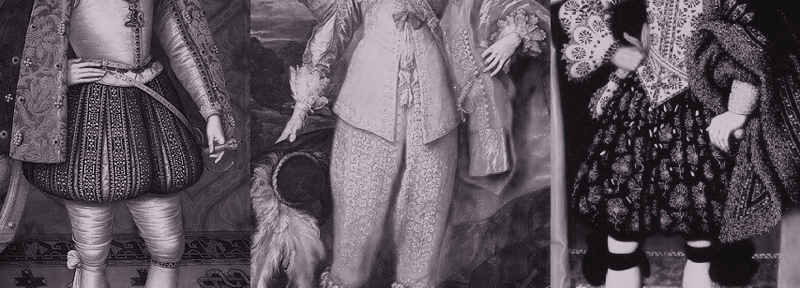There’s a world of difference between wanting to do something and wanting to have done something. What’s dangerous is when we conflate the two. It’s a form of deception (usually self-deception), and it sets us up for failure and frustration in our efforts. Continue reading
The present perfect tense is ruining your life









